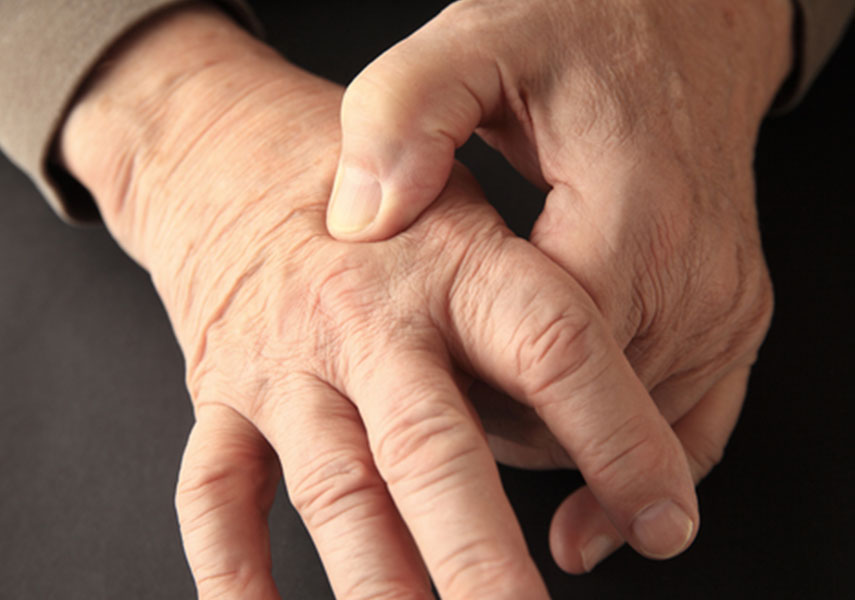Neuropathy disrupts the body’s ability to communicate with its muscles, organs, and tissues. Symptoms can include numbness, tingling, weakness, and pain often beginning in the hands and feet. With early diagnosis, it can often be controlled and quality of life restored. If ignored, symptoms can intensify to loss of sensation, weakness, unremitting pain, and/or disability.
Of more than 100 known types of neuropathy, diabetic neuropathy represents over a third of all neuropathies, making diabetes the leading cause. The millions of Americans with peripheral neuropathy include:
- 15—18 million with diabetic peripheral neuropathy;
- 79 million with pre-diabetes who are at risk for developing DPN (source: CDC);
- 230,000—575,000 with HIV-neuropathy, or 20—50% of HIV patients (source: CDC);
- 420,000 with chemotherapy-induced neuropathy, or 30% of cancer survivors (source: American Cancer Society);
- 125,000 with Charcot-Marie Tooth hereditary neuropathy (source: CDC).
“Living with neuropathy can cause tremendous frustration for patients. Many feel isolated because relatives, loved ones, and often even caregivers are not familiar with neuropathy or neuropathic pain,” observed Dr. Thomas Brannagan, III, The Neuropathy Association’s medical advisor.
Diabetes Relief’s patients consistently report decreased neuropathy with our patented treatment.

